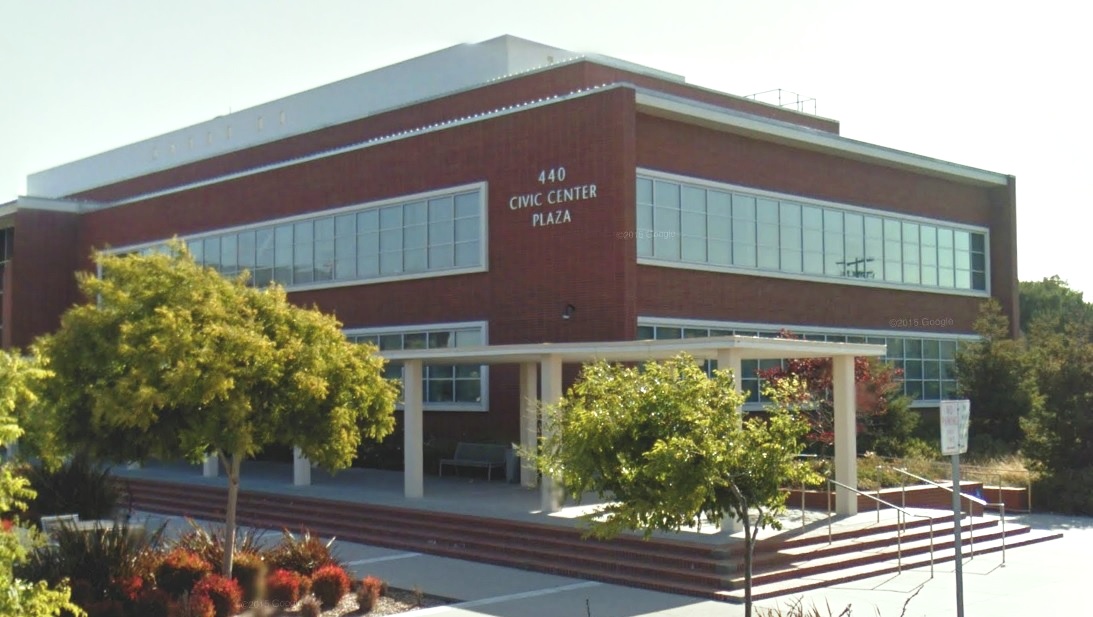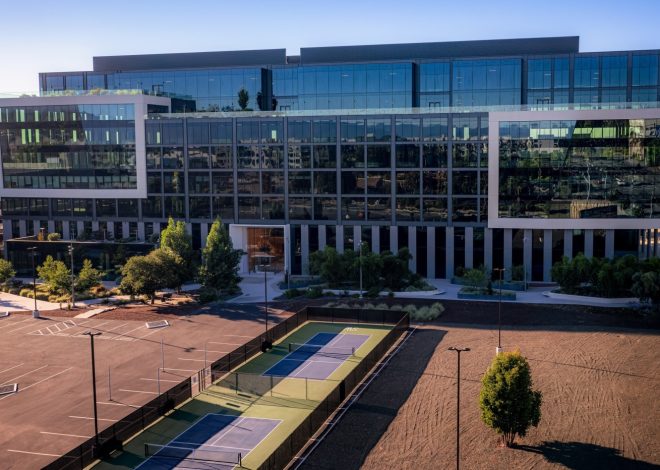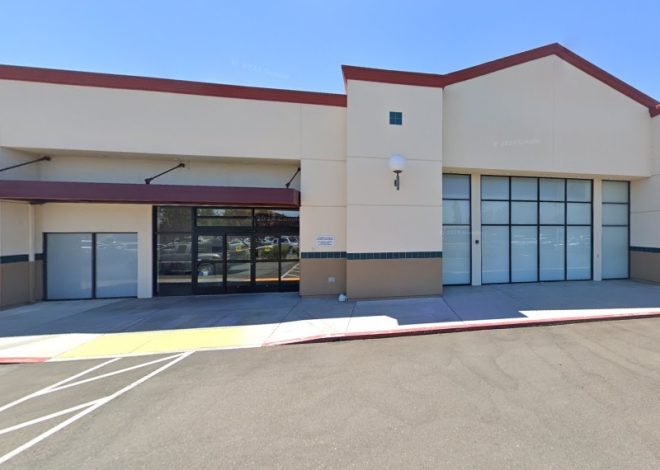
Experts say more is needed to combat human trafficking in Richmond
RICHMOND — In order to properly address human trafficking concerns in Richmond, experts say the city is going to need more lights, a strong public education campaign and beefed up enforcement.
Three people closely familiar with the issue recently presented an update to the Richmond City Council regarding collaborative efforts to address the problem, which they noted includes both sex work and forced labor.
Related Articles
Victim of mysterious West Oakland homicide once beat a murder case over deadly gang rivalry
Ayesha Curry accused of blaming Oakland for her store’s closing
Hit-and-run death of UC Berkeley professor emeritus Michael Burawoy an ‘unimaginable loss’
Richmond police kill person who allegedly charged cops with empty sheath during standoff
Pedestrian killed in East Bay hit-and-run collision
Those who spoke before the council included LaShara Johnson, director of Family Justice Center West; Katrina Natale, director of the Contra Costa Human Trafficking Task Force; and Sgt. Florencio Rivera, head of the Richmond Police Department’s Domestic Violence and Sexual Assault unit.
In Richmond, the focus has largely been on curbing sex work along 24th Street by increasing lighting, considering traffic calming measures and deploying quarterly human trafficking operations.
A total of 23 lights have been installed on homes along the 23rd Street corridor in the past year and the goal is to install another 100, Natale said. That effort will likely require financial support from the city and a request of about $10,000 is slated to come before the council soon, the trio said.
Increasing visibility in the area wasn’t always easy, Johnson said. The Family Justice Center discussed the initiative years ago but “it seemed like a lost cause,” she said.
Through greater community engagement and in collaboration with the 23rd Street Corridor Working Group, Johnson said residents felt more empowered and invested in efforts to reduce crime and blight, eventually moving the lighting project along through its first phase.
“It’s so amazing to see what they’ve been able to accomplish just along that 24th and 23rd Street area,” Johnson said. “It’s not the funnest topic to talk about but I’m so excited and happy to work with amazing people who are really concerned and really value the folks in our community.”
As for the police department’s role, Rivera said officers occasionally conduct large quarterly operations that include saturating the 23rd Street corridor. Their goal isn’t to make arrests, he said, but is instead meant to inform possible human trafficking victims of resources available to them.
Operations appear to be working to some degree, Rivera said. People in the area have grown more familiar and comfortable with officers, he said, and some who accept services decide to cooperate with officers on tracking down perpetrators.
During large operations, Rivera said officers may come into contact with five to 10 victims. About 10 to 15 smaller operations are also conducted but Rivera said staffing levels are too low to have a dedicated team focused on human trafficking alone.
“For us, it’s not really so much as forcing them to work with us or help us. It’s something where we provide services no matter what,” Rivera said. “Any contacts we make during these operations, they’re always offered services. It doesn’t matter if they provide us information, it doesn’t matter if they help us and that’s how we do it every time.”
Aside from addressing trafficking along 23rd Street, Natale said the Contra Costa County District Attorney’s Office also has a special unit focused on workplace injustice regarding wage theft and paying below minimum wage to “full fledged labor trafficking,” she said.
At least one of the 10 cases of wage theft or labor trafficking currently under investigation by the District Attorney’s office is against a Richmond business, Natale said. Vice Mayor Cesar Zepeda said he believes there are more.
Pinpointing detailed and accurate data that paints a clear picture of human trafficking in the area is challenging, Natale said. Many victims don’t come forward and those that do may choose to only engage with a single organization or through the justice system. Privacy protections have also limited the type of information agencies can share about their clients.
Johnson said the Family Justice Center encounters about 200 to 300 human trafficking victims seeking a variety of services – everything from mental health support and legal aid to accessing housing, food and job security.
Community Violence Solutions, an umbrella organization for the Rape Crisis centers in Marin and Contra Costa counties, reportedly worked with 184 human trafficking victims last year. A “high number” were either trafficked in Richmond or their trafficker was from Richmond, Natale said.
“It’s highly underidentified. A lot of people do not come forward and when they do come forward they don’t always come forward to the same folks,” Natale said.
What is clear is that human trafficking is a regional issue, Natale noted.
The Contra Costa County District Attorney’s Office already conducts outreach targeting those most susceptible to labor trafficking and workplace injustice, including foreign-born residents and young people. A broader billboard campaign and educational events for law enforcement are also expected to roll out within the coming months, Natale said.
The task force also plans to seek city support in funding a community awareness campaign in Richmond specifically, Natale said. Additional council support would also help move along initiatives, she said.
Councilmember Jamelia Brown, whose professional background included a focus on human trafficking, shared her eager interest in working closely with the task force. Brown formerly assisted the San Pablo and Richmond police departments in anti-human trafficking work as a specialist with Community Violence Solutions.
“I’ve seen first hand the devastation that human trafficking can cause in our community and the uptick in what is happening,” Brown said.
Those who believe they’re witnessing human trafficking are encouraged to contact the Family Justice Center. If the person they believe is being trafficked involves a minor, Natale encourages community members to contact Child Protective Services.
“The best practice is to be as proactive as possible,” Natale said.


